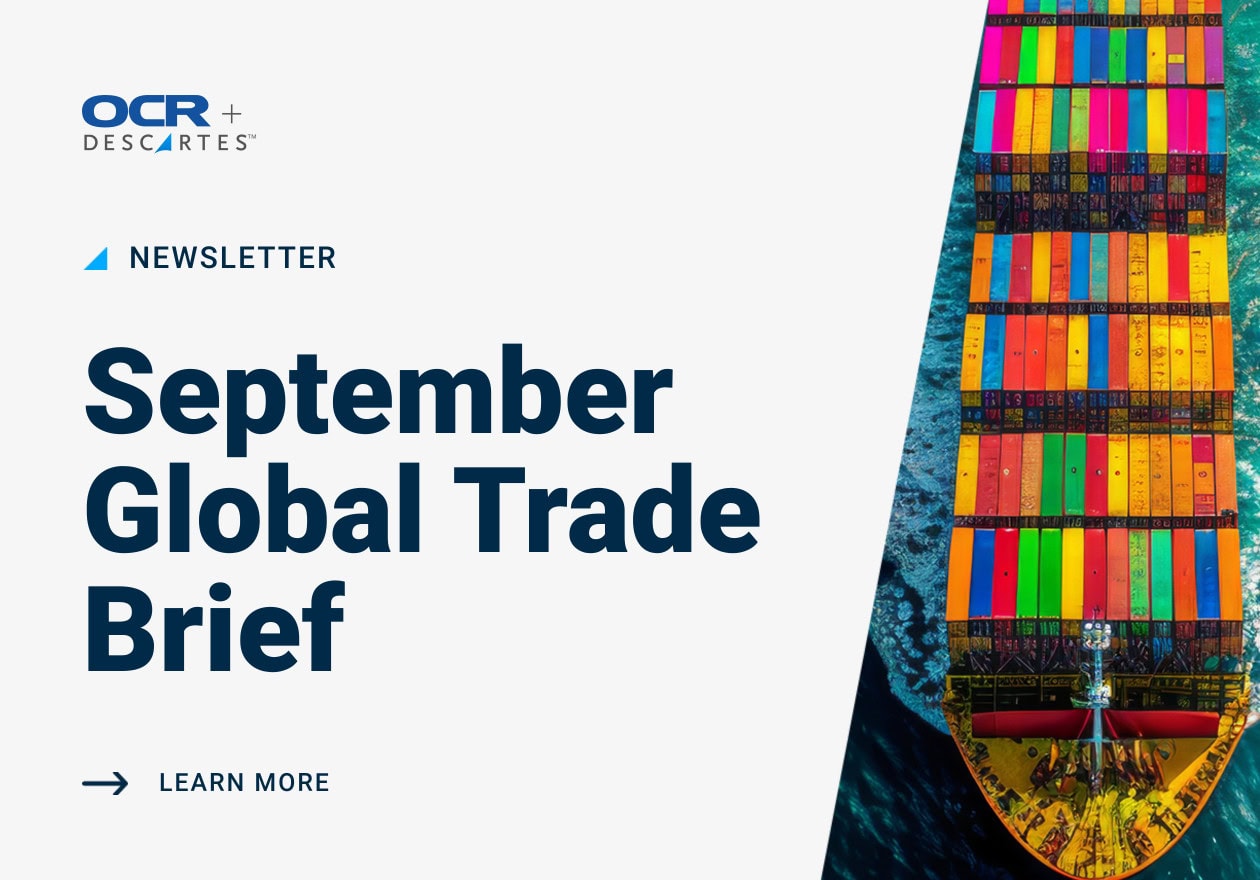U.S. Export Regulatory Action in Response to a Military Coup in Myanmar
The Bureau of Industry and Security (U.S. Commerce Department) released a final rule to amend the Export Administration Regulations (EAR) to apply more restrictive treatment to exports and reexports to, and transfers within, Myanmar (Burma) of items subject to the EAR.
The final rule was issued in response to the Burmese military coup that overthrew the democratically elected government of Myanmar and is scheduled to be published in the Federal Register on March 8, 2021.
The final rule strengthens export controls on Myanmar and enhances the U.S. government’s efforts to determine that items subject to the EAR are not available to Burma’s military and security services.
U.S. Actions Concerning Certain Foreign Military-intelligence End-users
The Bureau of Industry and Security (BIS) of the U.S. Commerce Department, according to reports, has placed “on hold” an interim final rule concerning U.S. technologies and specific activities of U.S. persons who may be supporting foreign military-intelligence end-uses and end-users in China, Cuba, Russia, and Venezuela as well as those located in “terrorist-supporting countries.”
In January 2021, Ronald Klain, Assistant to the President and Chief of Staff, issued a memorandum to heads of executive departments and agencies, on behalf of President Biden, imposing a freeze on new regulations pending review by the new administration. An official for BIS announced at a March 9, 2021 regulations and procedures technical advisory committee meeting that due to the Biden Administration’s regulatory freeze, the interim final rule is currently being evaluated and that BIS is “looking at how to proceed.
BIS received five comments on the interim final rule, but only released two of them.
U.S. Executive Order on Supply Chains
President Biden signed an executive order concerning the creation of resilient and secure supply chains for critical and essential goods.
As explained in a White House release, the executive order launches a comprehensive review of U.S. supply chains and directs federal departments and agencies to identify ways to secure U.S. supply chains against a broad range of risks and vulnerabilities.
The order directs an immediate 100-day review by federal agencies to address vulnerabilities in the supply chains of four key products:
- Active pharmaceutical ingredients (APIs)
- Critical minerals
- Semiconductors and advanced packaging
- Large capacity batters (such as those used in electric vehicles)
The order calls for a more in-depth one-year review of a broader set of U.S. supply chains focused on:
Six key sectors: (1) defense industrial; (2) public health and biological preparedness; (3) information and communications technology; (4) energy sector; (5) transportation; and (6) supply chains for agricultural commodities and food production.
U.S. Suspends Tariffs on U.K. Goods in a Trade Dispute
The UK welcomes the US decision to suspend tariffs today on a range of goods, as we agree on a joint de-escalation in the long-running Boeing-Airbus dispute.
The UK and US have agreed on a new joint approach to the longstanding trade conflict over aerospace tariffs. The United States will temporarily suspend all retaliatory tariffs on direct exports from the UK to the US resulting from the Airbus dispute for four months, in an effort to reach a negotiated solution to the 16- year-long dispute.
This measure will come into force on Monday 8 March.
This announcement will protect jobs across the UK – as well as Scotch whisky producers, it would also benefit businesses including:
Cashmere producers in Ayrshire, in 2018 the UK exported to the US around £11m worth of the knitted and crocheted clothing that were targeted by the tariffs, of which around £6m are cashmere.
Pig farmers in Yorkshire, in 2018 UK exported to the US around £38m of the pig meat that was targeted by the tariffs.
Stilton makers in the Midlands, in 2018 the UK exported to the US around £45m of the cheeses that were targeted by the tariffs, of which around £4m was stilton cheese.
The government reserves the right to re-impose tariffs at any point if satisfactory progress towards an agreeable settlement is not made.



